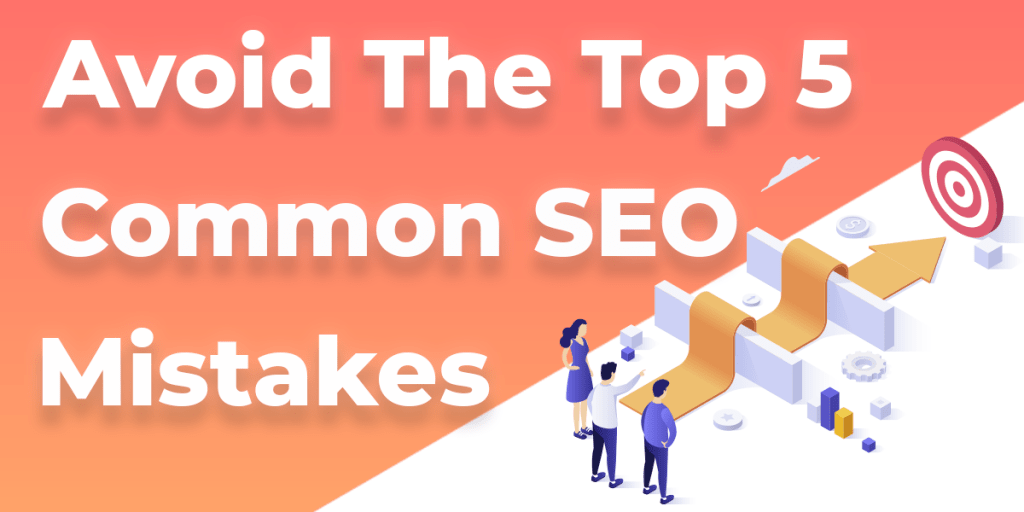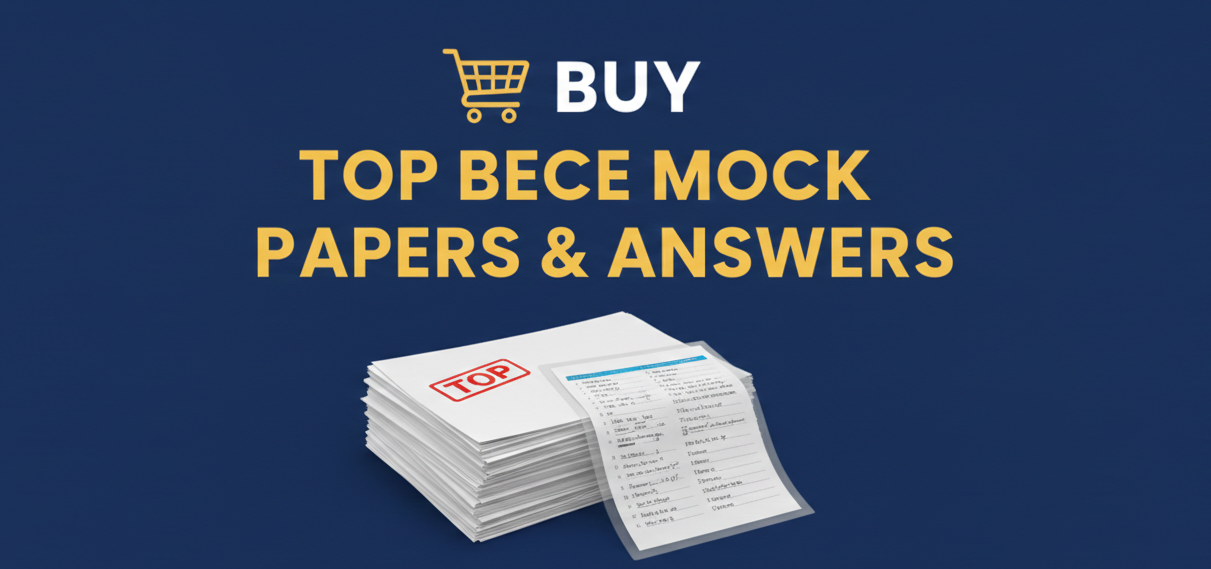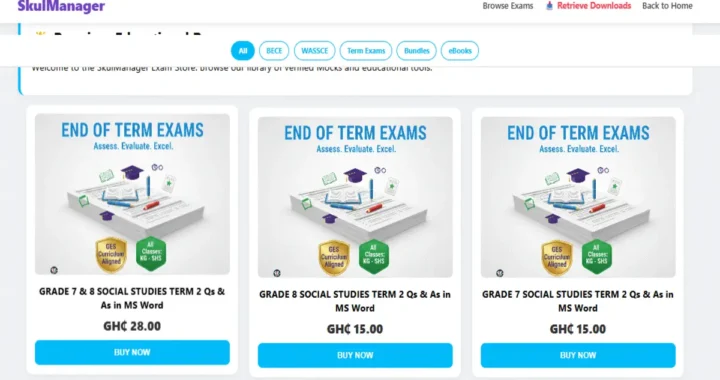Mistakes to avoid when optimizing content for the web

Optimizing content for the web involves making sure that your content is easily discoverable by search engines and is easily readable and engaging for users.
Here are some common mistakes to avoid when optimizing content for the web:
- Keyword stuffing: This is the practice of including a high number of keywords in your content in an attempt to improve search engine rankings. However, this practice is now considered spammy and can actually harm your search engine rankings. Instead, focus on creating high-quality, relevant content that naturally includes keywords.
- Duplicate content: Having duplicate content on your website can harm your search engine rankings and create a poor user experience. Make sure to check for duplicate content and remove or consolidate it as necessary.
- Ignoring meta tags: Meta tags, such as the title tag and meta description, are important for both search engine optimization and user experience. Make sure to include meta tags that accurately describe your content and include relevant keywords.
- Not optimizing images: Images can slow down your website and make it difficult for search engines to crawl your content. Optimize images by compressing them and including relevant alt tags that describe the images.
- Not making your website mobile-friendly: With the increasing use of mobile devices, it’s important to make sure that your website is mobile-friendly and responsive. This will help improve user experience and search engine rankings.
- Not considering user experience: While search engine optimization is important, it’s also crucial to consider the user experience when creating content for the web. Make sure your website is easy to navigate, loads quickly, and has high-quality, engaging content.
- Not regularly updating content: Search engines favour websites that regularly update their content. Make sure to regularly update your website with fresh, high-quality content to improve your search engine rankings.
- Not using internal links: Internal linking is important for both search engine optimization and user experience. Make sure to use internal links to help users navigate your website and to signal to search engines the importance of certain pages on your website.
READ: How to Use YOAST SEO Plugin to Optimize Content for Search Engines
Now that we have explained the mistakes to avoid when optimizing content for the web, start doing the right things and get noticed via search engine which will bring more organic traffic to your site.




 New Term 2 End of Term Question: Nursery to Grade 8 Exam Packs (2026)
New Term 2 End of Term Question: Nursery to Grade 8 Exam Packs (2026)  Why MTN Ghana’s Ghs399 Bundle is the Best Data Deal in 2026
Why MTN Ghana’s Ghs399 Bundle is the Best Data Deal in 2026  CAGD Salary Suspension 2026: Deadlines and Actions for Affected Staff
CAGD Salary Suspension 2026: Deadlines and Actions for Affected Staff  A Plus Defends Paternity Fraud Bill: “Stand Up for the Brotherhood”
A Plus Defends Paternity Fraud Bill: “Stand Up for the Brotherhood”